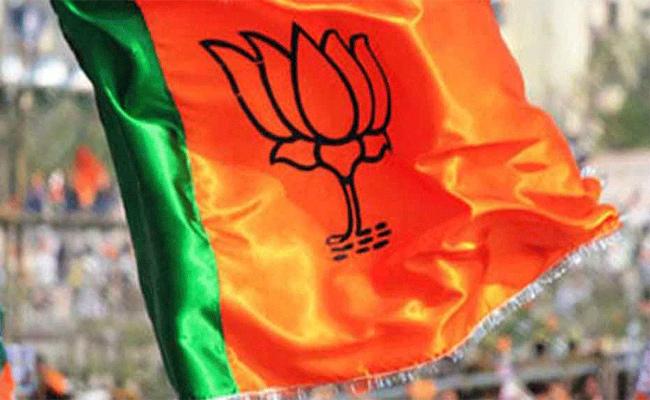
India News

The Supreme Court on Thursday struck down the electoral bonds scheme, used by political parties to seek funding, and ordered the State Bank of India to disclose the details of the bonds encashed by different political parties.
The apex court also directed the SBI to submit details of political parties receiving contributions through these bonds since April 12, 2019.
The verdict spurred a major debate on social media. The ruling Bharatiya Janata Party (BJP) party is the biggest recipient of funding via electoral bonds, while the Mamata Banerjee-led Trinamool Congress (TMC) comes a close second. The Congress is the third biggest party in terms of bonds subscription.
Following the SC order, the Opposition parties are slamming the BJP, accusing it of misusing the state machinery for monetary gains and political dividends, drawing a strong retort from the ruling party.
Meanwhile, a couple of X users, backing the BJP’s funding via bonds, shared the party’s geographical presence to buttress its share of political funding.
Sharing details of the ‘saffron rule’ in the country amounting to 58 per cent and covering a population of about 57 per cent, one user said the BJP got 57 per cent of entire funds via electoral bonds, so why a controversy is being ignited over the issue.
Whereas parties like Trinamool and Congress, with presence in small belts across the country, have received electoral bond funding much higher than their geographical presence.
Therefore, questioning the BJP over electoral bonds is nothing but ‘selective targeting'.
Another debate that involved many netizens is the SC directive for retrospective declaration of names.
“What about the legal rights of the donors who till now were operating under a legal guarantee,” asked an X user.
The electoral bond scheme was notified by the Narendra Modi government on January 2, 2018. It was touted as an alternative to cash donations and was meant to bring transparency in political funding.
As per the scheme, any citizen of the country or any corporate could purchase electoral bonds.
Advertisment